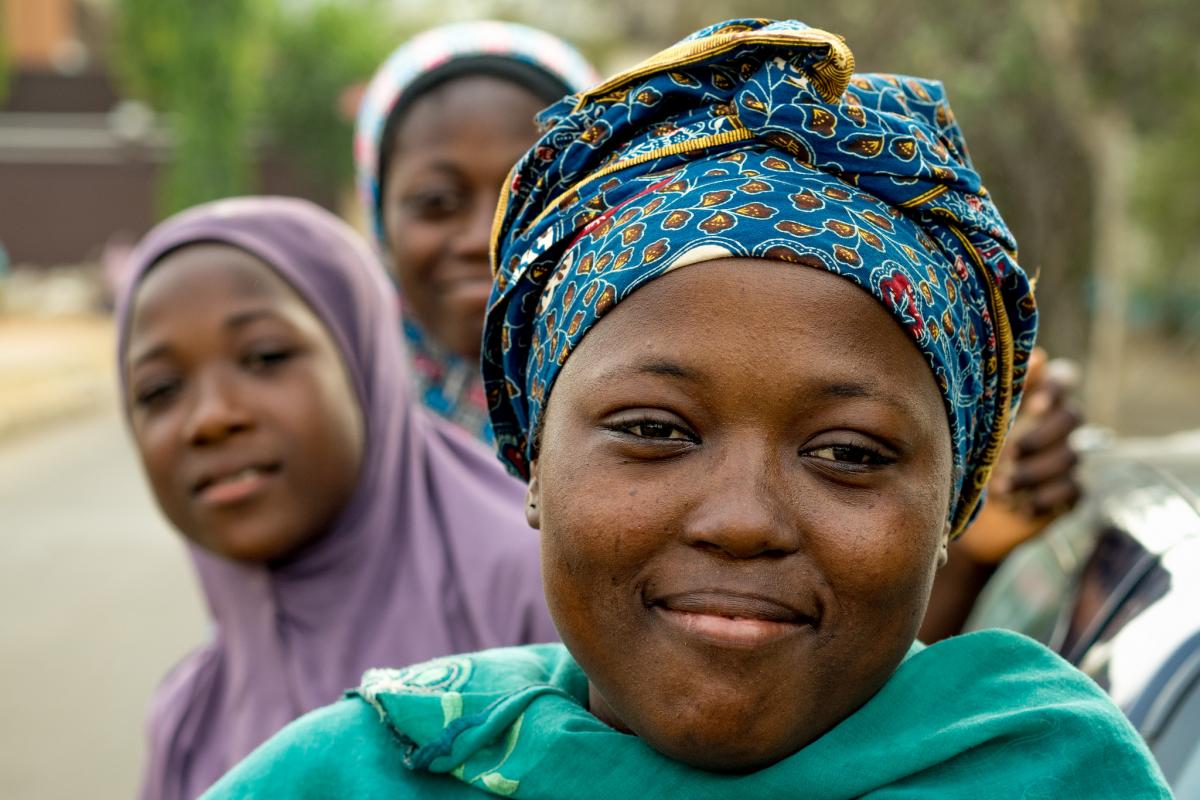
For the first time ever, Nigeria’s Plateau State government approved a dedicated budget allocation of 23 million naira (US $64,200) for family planning in the state’s 2018 budget. The budget was passed into law in February 2018. [1]
Prior to 2018, the state’s family planning budget sat within the broader reproductive health budget, alongside funding for programs like safe motherhood, adolesecent and youth sexual and reproductive health, and newborn care. In October 2017, Advance Family Planning (AFP) local partner in Nigeria, Pathfinder International, conducted an AFP SMART workshop for the Plateau State Family Planning Advocacy Working Group. At the workshop the state Reproductive Health Coordinator highlighted that family planning-specific releases from the reproductive health budget were inconsistent; funds were released in 2016, but not in 2017. Identifying this as a gap, the Plateau State advocacy working group aimed for a dedicated allocation for family planning in the state’s 2018 budget.
The working group carried out advocacy visits between October 2017 and January 2018 with key stakeholders in Plateau State: the Commission of Health, the Primary Health Care Board, the Local Government Service Commission, the Planning Commission, the Ministry of Finance, the House Committee on Health, and the House of Assembly. They provided evidence that a dedicated budget was the best way to sustain the family planning program. The working group was invited by the Reproductive Health Coordinator to be part of the budget defense meeting—while there, the advocates followed up on their request by providing additional information on the estimates for a family planning allocation.
In February 2018, the Plateau State 2018 appropriation bill called “Budget of Rescue and Consolidation” was passed into law. It included an allocation of 23 million naira ($64,200) in the newly dedicated budget for family planning.
The Family Planning Unit of the Primary Health Care Board intends to use the funds for activities outlined in the state’s family planning work plan such as health worker training, procurement of family planning-related consumables (e.g. gauze, surgical gloves, etc.), supervision of health workers, and commodities review and re-supply meetings.

